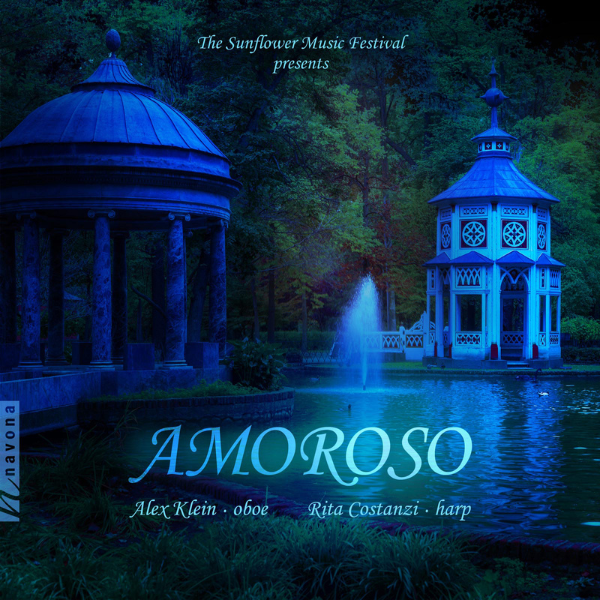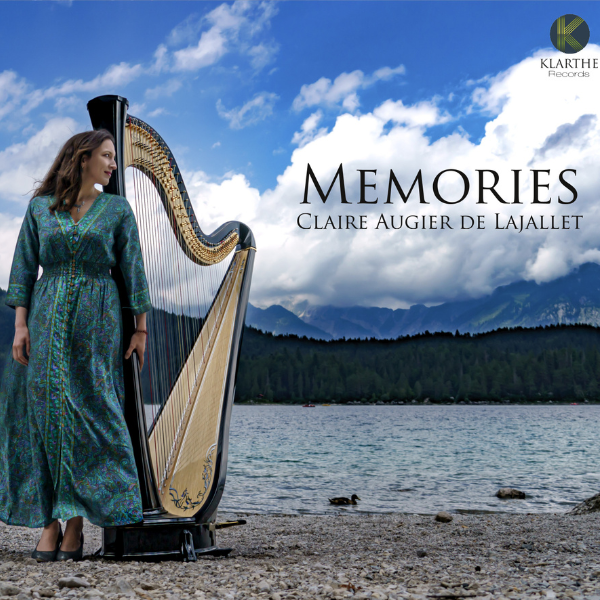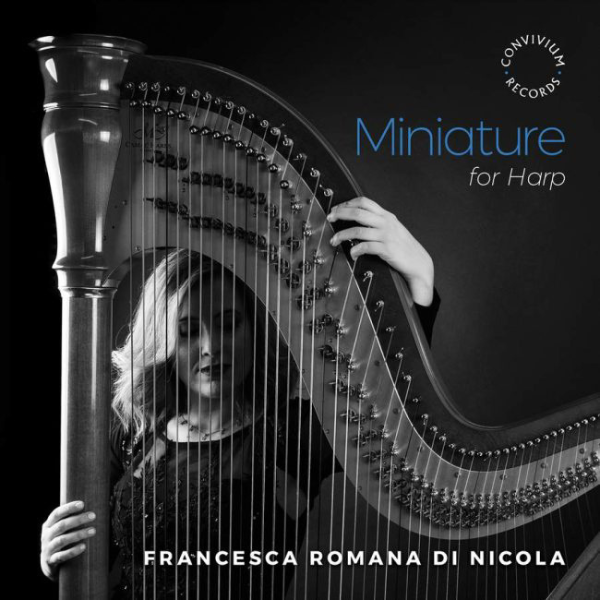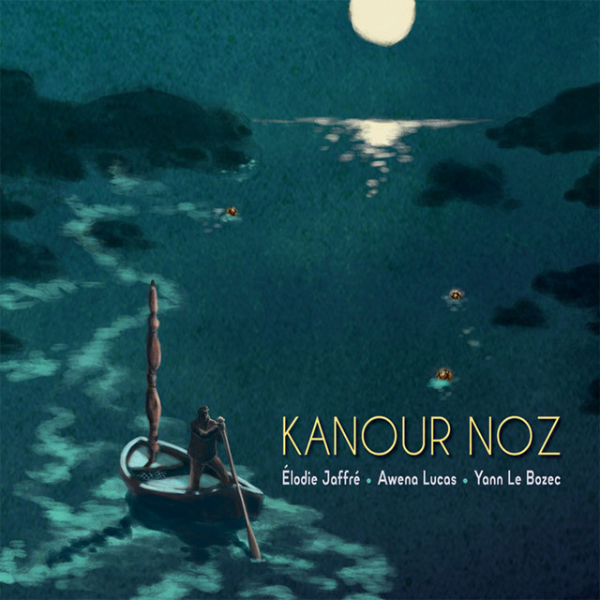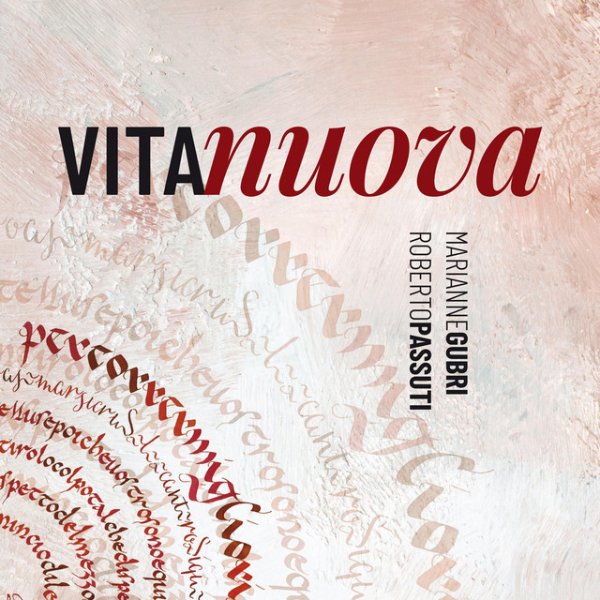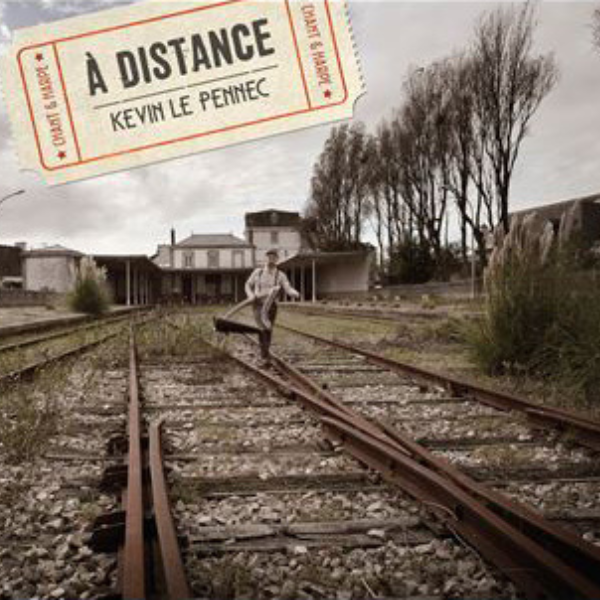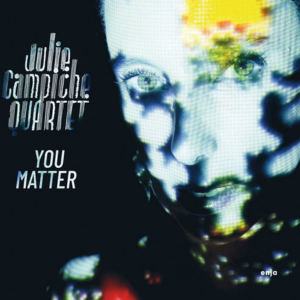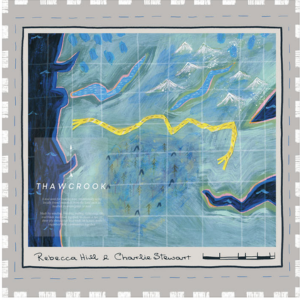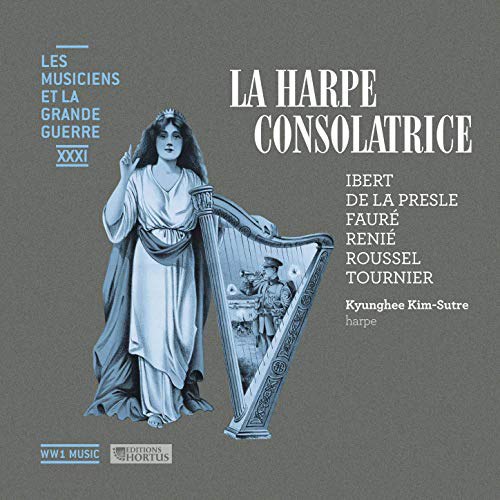
8/10
Kyunghee Kim-Sutre, harp.
Hortus, 2018.
My husband asked me the other day what piques my interest when choosing which harp albums to review, and, maybe more importantly, what causes me to give them high ratings. It’s really elementary, my dear. What you like is pretty much what I like and it starts from the moment I place the new disc into the player, simply listening and not too carefully at first. Is this music holding my interest? Do I want to keep listening for pleasure, or does this feel a bit too much like work?
From the start, Kyunghee Kim-Sutre’s recording La Harpe Consolatrice (The Consoling Harp) grabbed my attention and refused to let go. Artfully curated and exceptionally well performed, this recital of gentle and healing works of the years during the Great War makes me fall in love with the harp all over again.
Kim-Sutre tells us the harp was associated at the time with the feminine, embodied by nurses who—oftentimes lacking any medical remedy to relieve suffering—turned to art and music as a balm. Underscoring the special place the harp itself plays in this unfolding drama is a recruiting poster from 1915 with a raven-haired maiden in flowing robes, harp at her side, the inscription reading, “Will you answer the call? Now is the time.”
Jacques Ibert defines this generation of music makers, writing that it is less about surprise in music that counts—recall this is the era of Stravinsky’s Rite of Spring—but rather it’s what touches our hearts that matters the most. Though, at first blush, that does appear to be a defense for going backwards to a time long gone, his Six Pieces for Pedal Harp was one of the only works he composed during the war. A naval officer, he saw his share of action and chose life in the face of such tragic loss.
Most of the works are in sets of “pieces” or “preludes” with titles that evoke the serenity of a Monet—Morning on the Water, Contemplation, Garden in the Rain. Of particular note is the latter written by an organist and soldier named Jacques Guillaume de Sauville de La Presle. Given just the required mystery by Kim-Sutre, this poetic work joins together both impulses of the moment—reflections on the sacrifices of those who served on the front lines and a desperate search for ways they might help others forget the horrors of war through music.
Most exotic is the sole work for harp composed by sailor-composer Albert Roussel, who delighted in the opportunities he had to sample new musical flavors while at sea. Kim-Sutre brings out the clashing dissonances in style, lingering long enough in distant territories before allowing the sound to evanescence. This is some of the most strikingly colorful playing of the entire disc.
With works by Tournier, Fauré and Renié, this elegantly presented collection from a powerful and devastating moment in time will fascinate both harpists and those who love the harp equally well.





